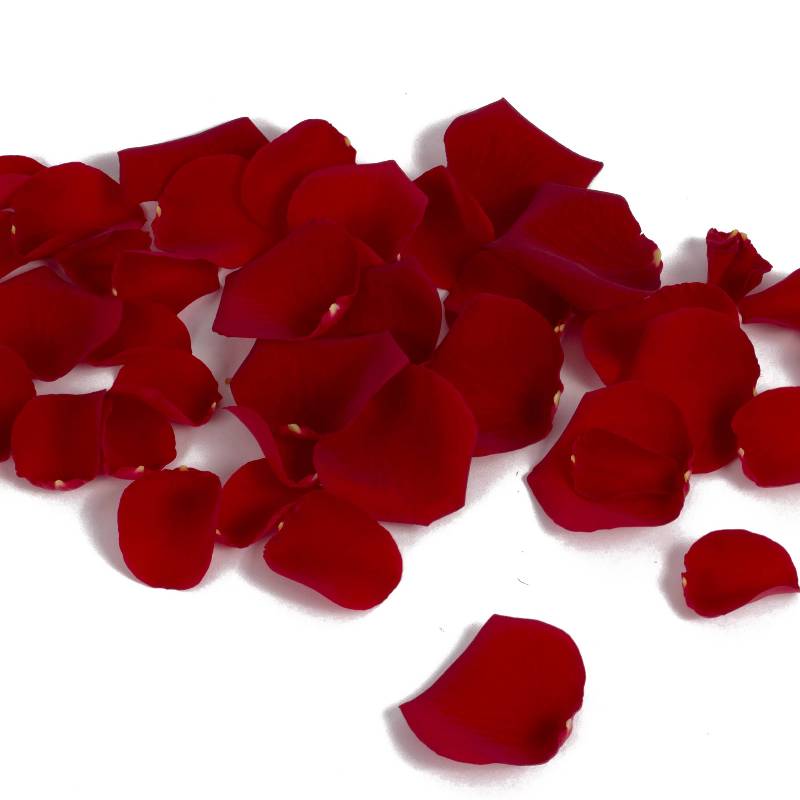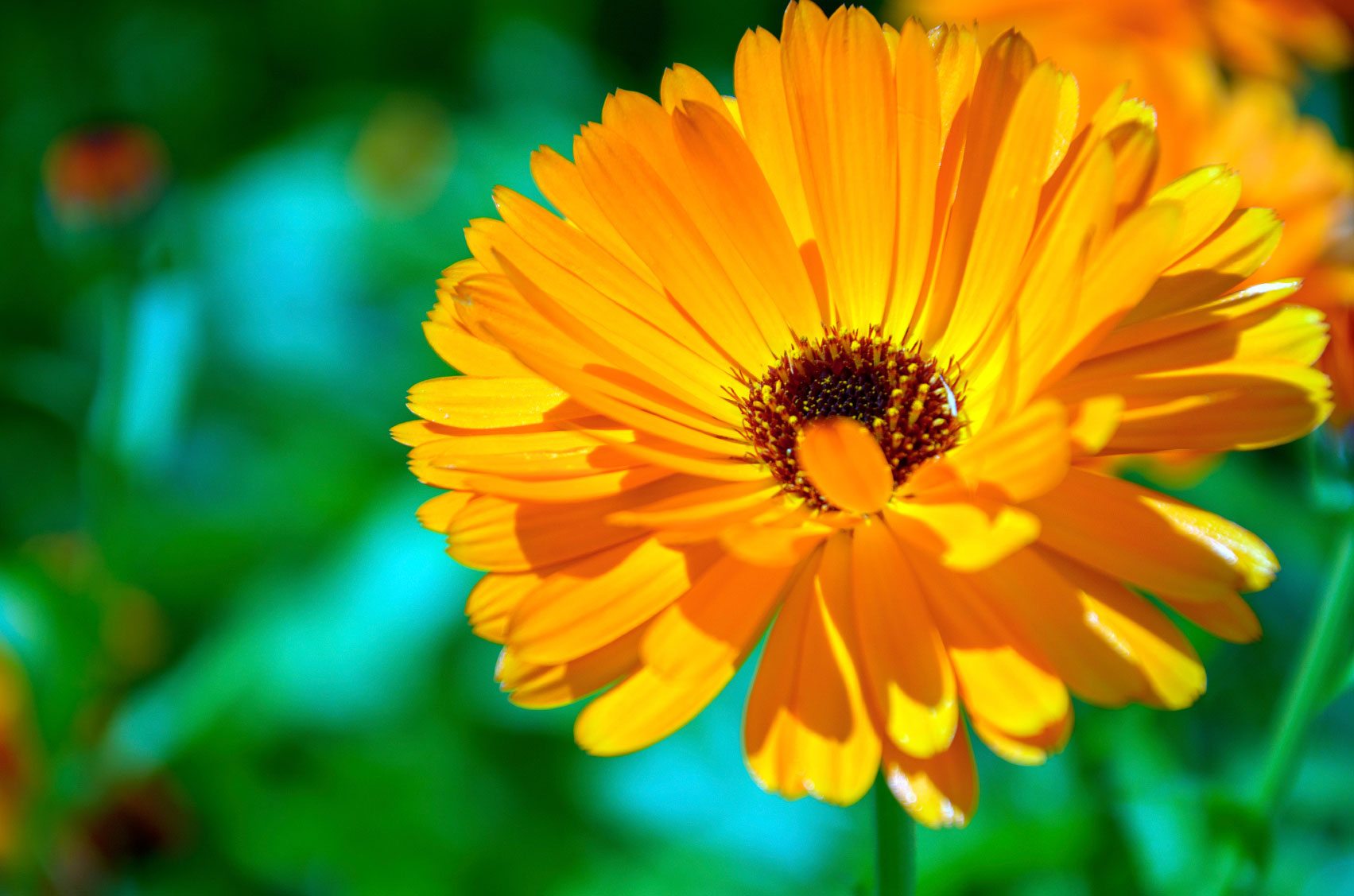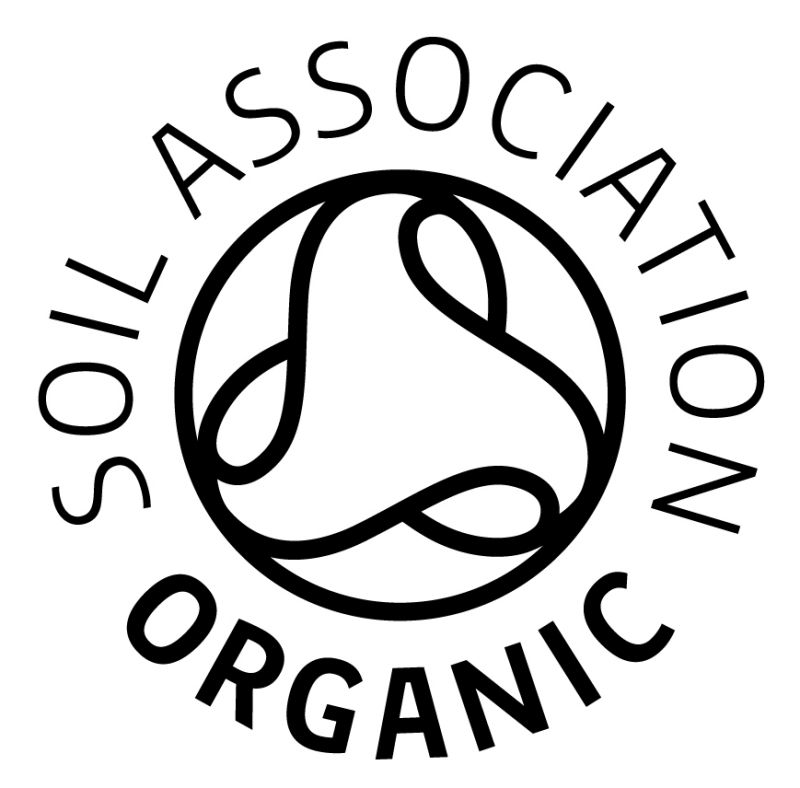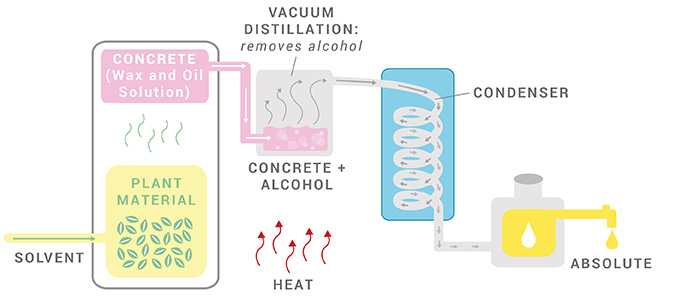In the food industry the debate for and against organic products continues unabated as consumer concerns about the quality of the food that they eat continues to rise. This concern is spreading to other industries such as the cosmetics one, under which essential oils are licensed. The question that is being raised is whether you should be as worried about what you put on your body as you are about what you put inside it. While this could apply to all cosmetic items, it is especially pertinent to essential oils, which are used in blends designed to penetrate the skin.
Adulteration
Some suppliers adulterate oils to make their products extend further and gain a higher profit. This is often done to essential oils that are very expensive to produce, like rose or melissa, and is achieved by adding nature-identical (similar, cheaper plant essences) or synthetic-equivalent components to the oil to increase the quantity.
Do you get what you pay for?
The answer to the question "Do I need to pay more for quality?" is, unfortunately, "yes." If you walk into a shop and see a range of oils, from lemon and thyme to clove and rose all marked at the same price, be suspicious. These are unlikely to be pure oils. They may be blended with carrier oils. Adulterated with similar components. Or artificial synthetic products.
A genuine essential oil supplier will mark up the price of the oil according to its quality and purity, which is dependent on how the oil is produced, how many flowers are needed and labour costs. For example, real rose otto is very expensive (just 2.5 ml usually costs around £30), because 4000 kg of flowers yield only 1 kg of rose oil. The labour is difficult. Roses must be hand picked between 5 and 10 am when the flowers are open and have a high oil content to minimise the loss of oil harvesting.

Factors Affecting Quality
Understand the factors, both natural and artificial, that affect essential oil quality and how to be sure you are buying the best.
Natural Factors
Variations among plant species can affect the quality of essential oils. For example, there are three different types of chamomiles (German, Roman and Moroccan, the latter of which is not actually chamomile) and knowing the botanical name of the one you wish to buy will ensure you get an oil from the plant with the qualities you need. Knowing the botanical name also prevents confusion between different country names. For example, Spanish marjoram is actually thyme.
The part of the plant used (the flowers, leaves or roots) affects the oil's quality, as does the country of origin.

Calendula oil made with English marigolds has different qualities than that made with French and African marigolds. This is because a plant's area of origin affects the chemical composition of the oil. Influencing factors include climate conditions and soil types.
Going Organic
Buying organic essential oils is a matter of choice, just like buying organic food, and it is up to the individual aromatherapist to decide whether this is important to them and their clients. There are many good suppliers of essential oils that thoroughly batch test their products in laboratories for traces of chemical contaminants added after the extraction process who can assure their customers that the oils are not adulterated. But there is still a risk that chemical contaminants are present from the growing conditions of the plant. Artificial pesticides, fungicides and fertilisers may have been used in the herb fields from which the oil was harvested.
More growers and suppliers are becoming aware of the public concern surrounding these issues and are producing essential oils from organically grown crops.
Look out for essential oil suppliers whose products are advertised as GMO free and which carry the logo of the Soil Association, certifying them as organic.

Absolutes or not
Some aromatherapists choose to use only those essential oils that can, in the strictest sense, be defined as such. That is, they are plant essences extracted via the process of steam distillation. This is because oils extracted by other methods are not actually essential oils but concretes of absolutes.

Certain types of plant material would be damaged by the hot steam involved in distillation and their aromatic essence must be extracted by subjection to a solvent, usually a hydrocarbon or carbon dioxide.
This produces a substance 50% wax and 50% oil, which is called a concrete. A second process of solvent extraction, using pure alcohol (ethanol), will make the unwanted wax soluble in order to derive an oil called an absolute. This process may be repeated until only a small amount of wax remains. But this is why some aromatherapists object to using absolutes, such as rose absolute (not rose otto) or jasmine. Because they are not absolutely pure.
An at-a-glance guide
If you wish to be assured that the essential oils you are buying have not been adulterated or contaminated in any way, are of the exact species and part of the plant that you need and are of the highest quality, suitable for therapeutic use, these are some questions you need to ask a supplier:
- What is the botanical name?
- What is the country of origin?
- What part of the plant is used?
- When and how was it extracted and how long has it been stored (this is because most essential oils have a shelf life of about 2 years, though in the case of citrus oils this may only be 6-12 months)
A good supplier will know the answers and be happy to give them to you, because they are likely to be very enthusiastic about their oils and want to talk about them.